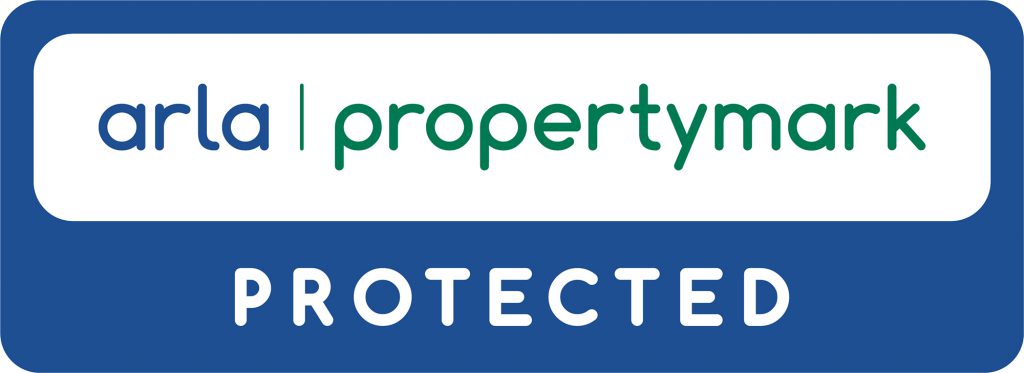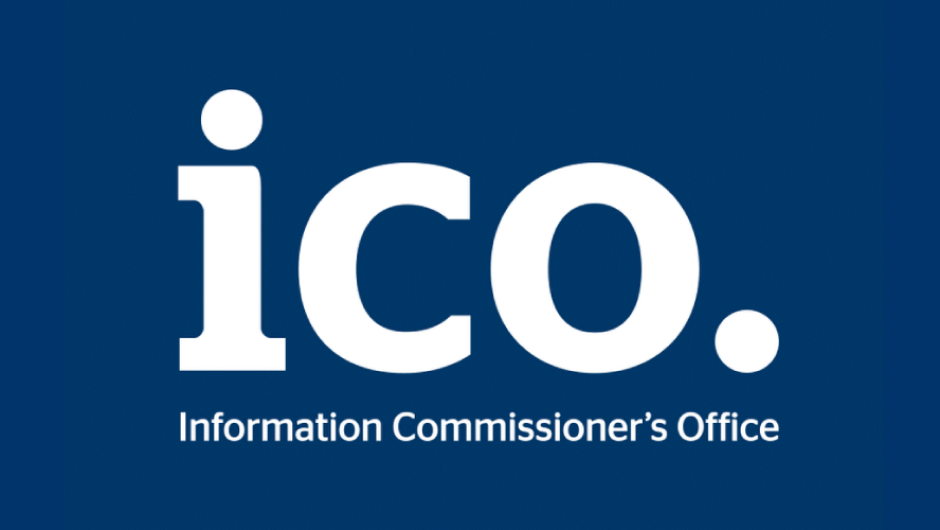George Osbourne revealed a tax change in 2015 that left landlords shocked. The new measures, which come as part of a three-pronged tax assault on landlords to be fully implemented by 2020, mean that they will no longer be able to deduct the cost of their mortgage interest from their rental income when they calculate a profit on which to pay tax.
Below is an example, based on an article published in ‘The Telegraph’ on 8th March 2017, of how the tax change will affect landlords who are a higher-rate, 40%, tax payer.
NOW
Your buy-to-let earns £20,000 a year and an interest-only mortgage costs £13,000 a year. Tax is due on the difference or profit, so you pay tax on £7,000. This means that you receive £4,200, while HMRC takes £2,800.
2020
Tax is due on your full rental income of £20,000, less a tax credit equivalent to basic-rate tax on the interest.
So you pay 40% tax on £20,000 (i.e. £8,000), less the 20% credit (20% of £13,000 = £2,600), meaning £5,400 for HMRC and £1,600 for you. Your tax bill has therefore increased by 93%.
Now, say the Bank Rate – and in turn your mortgage rate – rises by a small fraction, lifting your mortgage cost to £15,000, while your rent remains at £20,000.
You will have to pay £5,000 tax in this scenario, so you make no profit at all.
The Residential Landlords Association Chairman addressed the lack of any mention of the tax increase at this year’s Spring Budget by stating:
“This budget was a missed opportunity by Philip Hammond to right some of the wrongs of his predecessor.
“Those of us out there hoping for a u-turn on controversial policies such as mortgage interest relief changes were left disappointed by a budget that essentially ignored the housing crisis entirely.
“Growth and demand in the market will ultimately decide on the rent we can charge – but none of us can afford to run at a loss, and I believe that government will eventually realise the bargain it gets from private landlords.”
Although Landlords across the UK are severely disappointed and unsettled by Philip Hammond’s failure to address the tax change, one positive to come from the spring budget is the delay agreed by the Government in the implementation of its ‘Making Tax Digital’ programme for small businesses and landlords. Philip Hammond recognized that many people are not prepared or ready for the change after a series of warnings that many businesses would struggle to have the software in place in time for the initial deadline of April 2018. As part of his speech, Hammond said:
“In a digital age, it is right that we develop a digital tax system.
“But in response to concerns about the timetable expressed by business organisations, and by several of my right honourable friends including the chairman of the Treasure Select Committee, I have decided that for businesses with turnover below the VAT registration threshold I will delay by one year the introduction of quarterly reporting at a cost to the Exchequer of £280 million.”
Ogilvy and Sneyd provide a residential property management and lettings service for property investors, buy-to-let investors and property landlords in Staffordshire. Follow their industry blog at www.ogilvyandsneyd.co.uk











